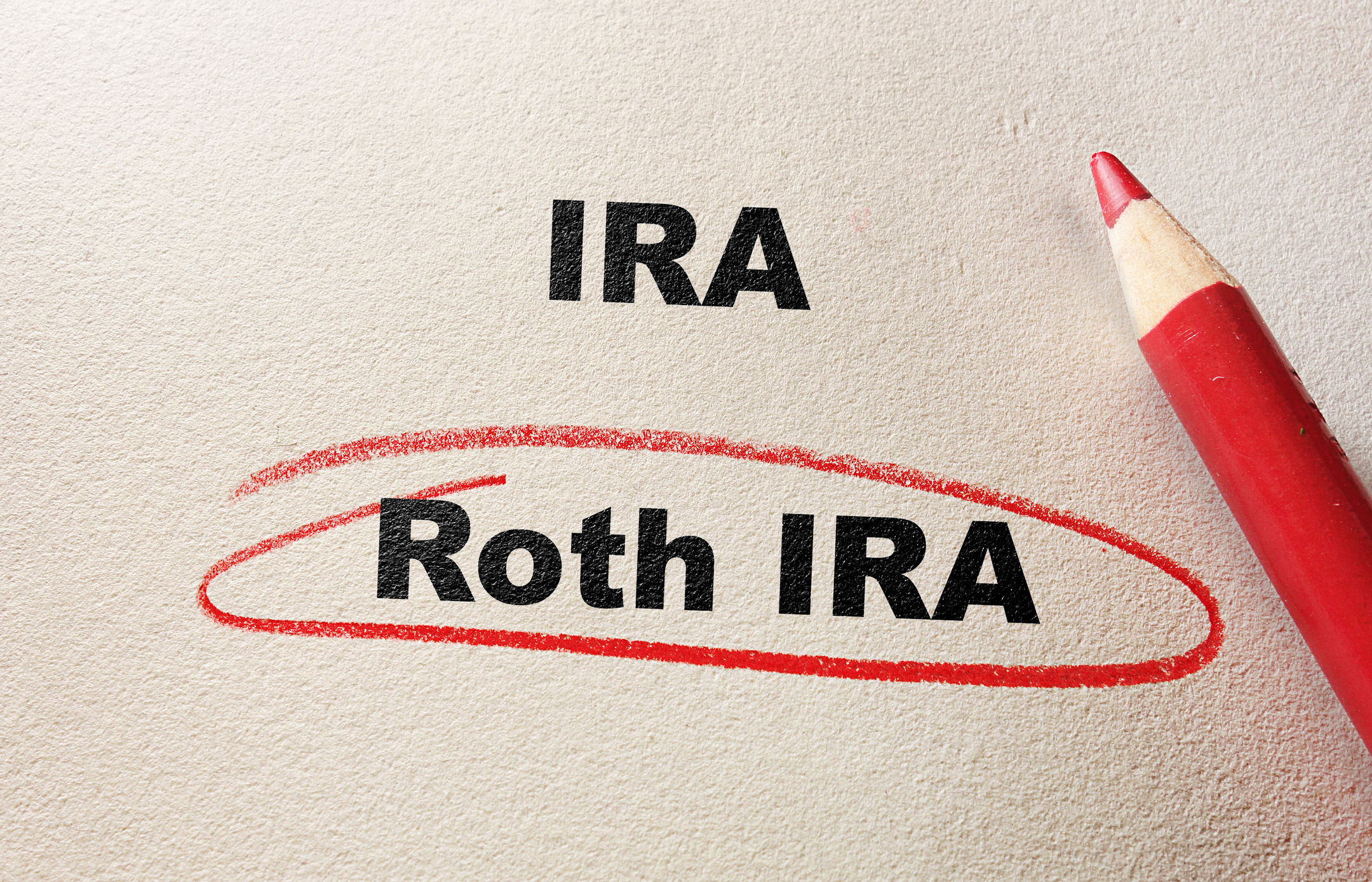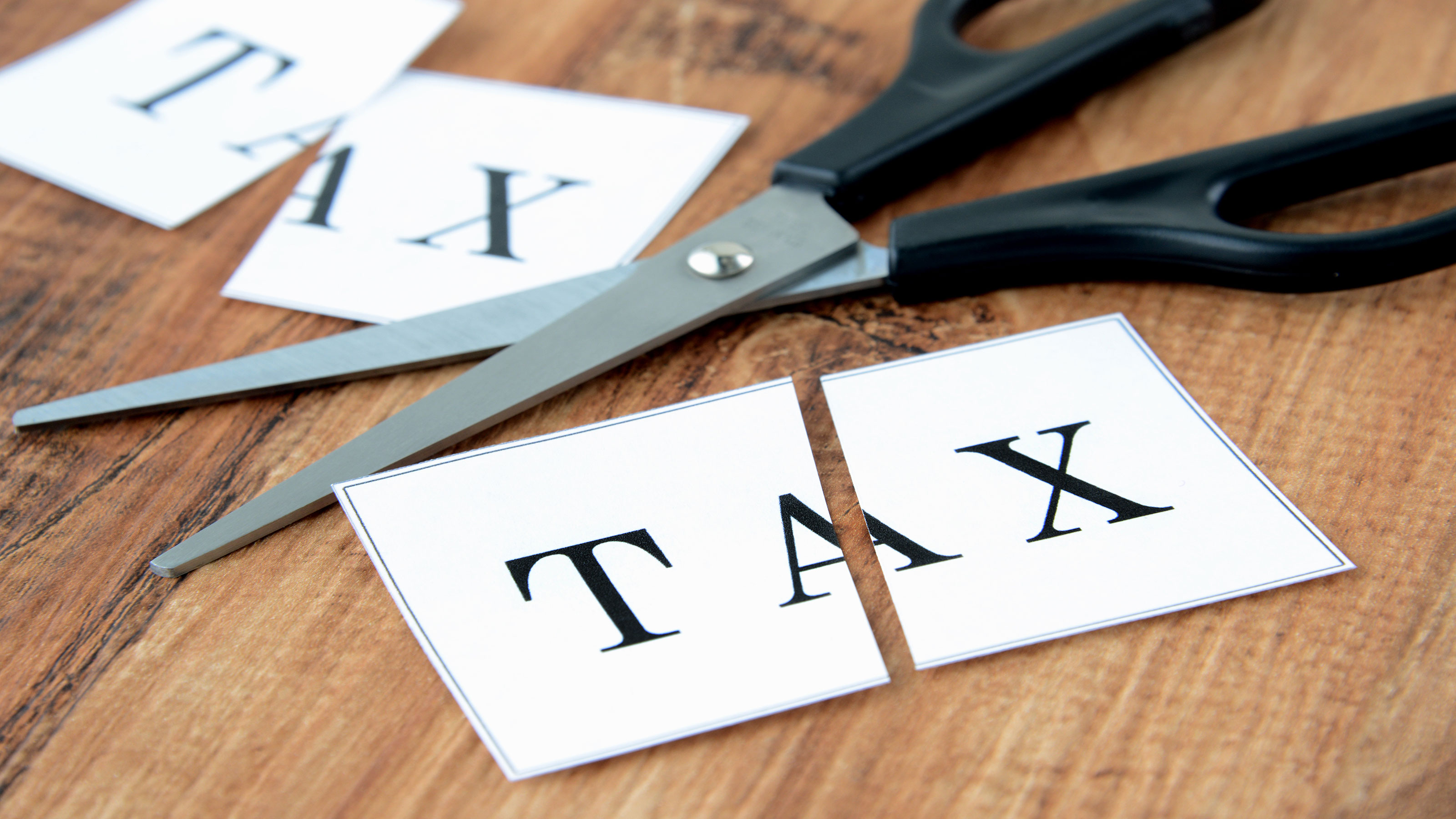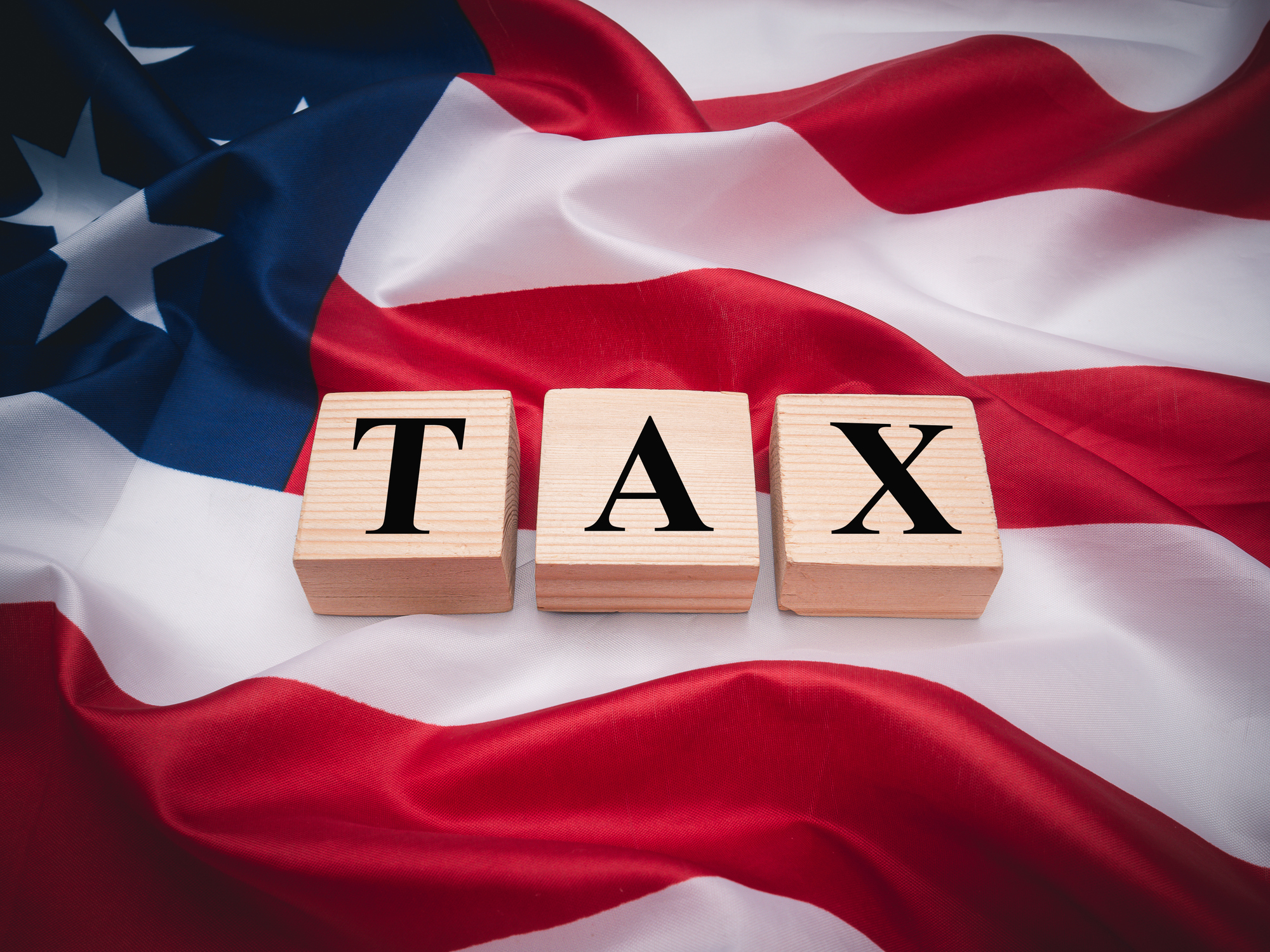Retirement Savings Changes for 2024
Some of the SECURE 2.0 retirement savings provisions kicked in this year. Others come in subsequent years. Here's what you should know.

Profit and prosper with the best of Kiplinger's advice on investing, taxes, retirement, personal finance and much more. Delivered daily. Enter your email in the box and click Sign Me Up.
You are now subscribed
Your newsletter sign-up was successful
Want to add more newsletters?

Delivered daily
Kiplinger Today
Profit and prosper with the best of Kiplinger's advice on investing, taxes, retirement, personal finance and much more delivered daily. Smart money moves start here.

Sent five days a week
Kiplinger A Step Ahead
Get practical help to make better financial decisions in your everyday life, from spending to savings on top deals.

Delivered daily
Kiplinger Closing Bell
Get today's biggest financial and investing headlines delivered to your inbox every day the U.S. stock market is open.

Sent twice a week
Kiplinger Adviser Intel
Financial pros across the country share best practices and fresh tactics to preserve and grow your wealth.

Delivered weekly
Kiplinger Tax Tips
Trim your federal and state tax bills with practical tax-planning and tax-cutting strategies.

Sent twice a week
Kiplinger Retirement Tips
Your twice-a-week guide to planning and enjoying a financially secure and richly rewarding retirement

Sent bimonthly.
Kiplinger Adviser Angle
Insights for advisers, wealth managers and other financial professionals.

Sent twice a week
Kiplinger Investing Weekly
Your twice-a-week roundup of promising stocks, funds, companies and industries you should consider, ones you should avoid, and why.

Sent weekly for six weeks
Kiplinger Invest for Retirement
Your step-by-step six-part series on how to invest for retirement, from devising a successful strategy to exactly which investments to choose.
Getting the right tax advice and tips is vital in the complex tax world we live in. The Kiplinger Tax Letter helps you stay right on the money with the latest news and forecasts, with insight from our highly experienced team (Get a free issue of The Kiplinger Tax Letter or subscribe). You can only get the full array of advice by subscribing to the Tax Letter, but we will regularly feature snippets from it online, and here is one of those samples…
The SECURE 2.0 Retirement Savings Act that passed in December 2022, has over 90 provisions to encourage more people to save for retirement in workplace plans and IRAs, to help grow retirement savings and to urge small employers to offer retirement plans. Some of the provisions kicked in this year. Others start in 2024, 2025, 2026 and 2027.
Let’s look at several key changes that will first take effect in 2024:
From just $107.88 $24.99 for Kiplinger Personal Finance
Become a smarter, better informed investor. Subscribe from just $107.88 $24.99, plus get up to 4 Special Issues

Sign up for Kiplinger’s Free Newsletters
Profit and prosper with the best of expert advice on investing, taxes, retirement, personal finance and more - straight to your e-mail.
Profit and prosper with the best of expert advice - straight to your e-mail.
- Funds in 529 education accounts can be rolled over tax-free to a Roth IRA. There is a $ 35,000-lifetime cap. Rollover amounts cannot exceed the annual contribution limit for Roth IRAs. And the 529 account must have been open for more than 15 years.
- Participants in Roth 401(k)s no longer need to take required minimum distributions (RMDs). This conforms to the rule that already applies to Roth IRA account owners.
- Employers can offer student debt relief through workplace retirement plans, such as 401(k)s, by making matching contributions tied to a participant's student loan repayments.
- Emergency savings accounts are coming. Employee plan sponsors can create emergency savings accounts for participants, who could then make Roth pay-ins (on an after-tax basis) to that savings account within the plan. A participant's account balance can't exceed $2,500.
- Domestic abuse victims under age 59½ can take up to $10,000 from their IRAs or 401(k)s without paying the 10% penalty tax.
- Up to $1,000 can be withdrawn penalty-free from IRAs or 401(k)s for emergencies, even though the person hasn't yet reached 59½.
Plus these: The employer contribution limits for SIMPLE IRAs will increase. Employers with no existing retirement plans can offer starter 401(k) accounts with default automatic enrollment (with a pay-in cap the same as that for IRAs). The $1,000 IRA catch-up contribution for people 50 and older will be adjusted for inflation.
This first appeared in The Kiplinger Tax Letter. It helps you navigate the complex world of tax by keeping you up-to-date on new and pending changes in tax laws, providing tips to lower your business and personal taxes, and forecasting what the White House and Congress might do with taxes. Get a free issue of The Kiplinger Tax Letter or subscribe.
Related stories
Profit and prosper with the best of Kiplinger's advice on investing, taxes, retirement, personal finance and much more. Delivered daily. Enter your email in the box and click Sign Me Up.

Joy is an experienced CPA and tax attorney with an L.L.M. in Taxation from New York University School of Law. After many years working for big law and accounting firms, Joy saw the light and now puts her education, legal experience and in-depth knowledge of federal tax law to use writing for Kiplinger. She writes and edits The Kiplinger Tax Letter and contributes federal tax and retirement stories to kiplinger.com and Kiplinger’s Retirement Report. Her articles have been picked up by the Washington Post and other media outlets. Joy has also appeared as a tax expert in newspapers, on television and on radio discussing federal tax developments.
-
 Betting on Super Bowl 2026? New IRS Tax Changes Could Cost You
Betting on Super Bowl 2026? New IRS Tax Changes Could Cost YouTaxable Income When Super Bowl LX hype fades, some fans may be surprised to learn that sports betting tax rules have shifted.
-
 How Much It Costs to Host a Super Bowl Party in 2026
How Much It Costs to Host a Super Bowl Party in 2026Hosting a Super Bowl party in 2026 could cost you. Here's a breakdown of food, drink and entertainment costs — plus ways to save.
-
 3 Reasons to Use a 5-Year CD As You Approach Retirement
3 Reasons to Use a 5-Year CD As You Approach RetirementA five-year CD can help you reach other milestones as you approach retirement.
-
 Tax Rule Change Could See Millions Lose Health Insurance
Tax Rule Change Could See Millions Lose Health InsuranceThe Kiplinger Tax Letter If current rules for the health premium tax credit (PTC), a popular Obamacare subsidy, aren't extended, 3.7 million people could lose their health insurance.
-
 The IRS is in Chaos
The IRS is in ChaosThe Tax Letter DOGE, departures, data agreements and more are creating havoc at the IRS.
-
 Should You Do A Roth IRA Conversion? Nine Things to Consider
Should You Do A Roth IRA Conversion? Nine Things to ConsiderThe Tax Letter Thinking of converting a traditional IRA to a Roth IRA? The Kiplinger Tax Letter Editor highlights nine factors you should consider before making a move.
-
 What DOGE is Doing Now
What DOGE is Doing NowThe Kiplinger Letter As Musk's DOGE pursues its ambitious agenda, uncertainty and legal challenges are mounting — causing frustration for Trump.
-
 Expiring Business Tax Breaks And Trump's Tax Plan
Expiring Business Tax Breaks And Trump's Tax PlanThe Tax Letter Four important business tax breaks are likely to be a part of President Trump's tax plan. We'll break them down for you.
-
 AMT and Pass-Throughs Add Complex Layers to 2025 SALT Tax Planning
AMT and Pass-Throughs Add Complex Layers to 2025 SALT Tax PlanningThe Tax Letter The state and local tax (SALT) deduction is a key sticking point in President Trump's tax plan.
-
 Popular Tax Breaks Are in Danger
Popular Tax Breaks Are in DangerThe Tax Letter A number of tax breaks, including the home mortgage interest deduction, are in peril as lawmakers hunt for revenues to pay for the President's tax plan.
-
 Six Hurdles for Trump's Tax Bill
Six Hurdles for Trump's Tax BillThe Tax Letter While the odds for a new tax bill in 2025 are quite good, there are some sticking points that President Trump and Congress will have to work through.